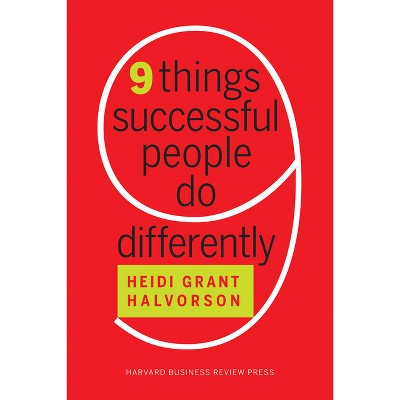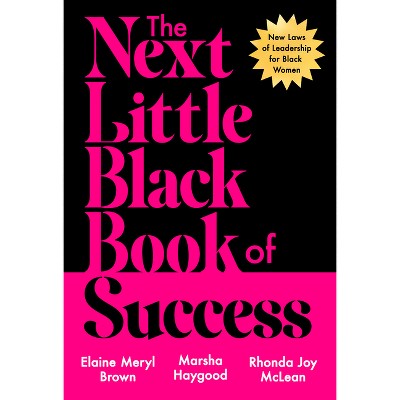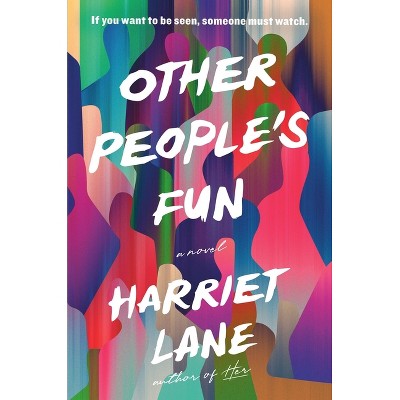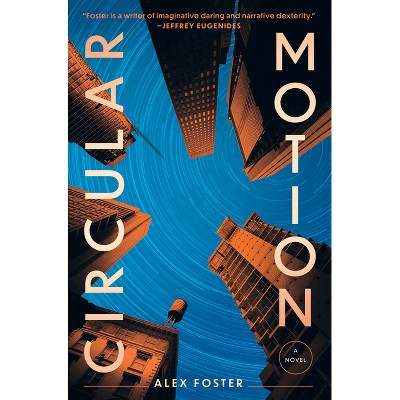Sponsored

Sometimes You Should Be Late - by Alex Snider
Pre-order
Sponsored
About this item
Highlights
- What if the real measure of your life isn't how fast you run, how much you do, how 'on time' you are, but how well you pay attention to what actually matters?Sometimes You Should Be Late is about the quiet courage to slow down when the world keeps shouting, hurry up.
- About the Author: Alex Snider is a writer, facilitator, and former government strategist who bridges the worlds of public service and mindfulness.
- 240 Pages
- Psychology, Applied Psychology
Description
About the Book
We treat punctuality and productivity like moral virtues but we too often forget all that we miss? Sometimes You Should Be Late challenges urgency culture and shows how to choose differently, trading speed at all costs for presence, kindness and connection.
Book Synopsis
What if the real measure of your life isn't how fast you run, how much you do, how 'on time' you are, but how well you pay attention to what actually matters?
Sometimes You Should Be Late is about the quiet courage to slow down when the world keeps shouting, hurry up. It's not really about clocks; it's about questioning the stories we've inherited about time and consciously, rebelliously, choosing our own path.
We live in a culture that worships urgency. Like horses with blinders, we're trained to look straight ahead--at deadlines, meetings, and to-do lists. This book invites us to lift those blinders and see what we're missing: the colleague who has a sad look in their eye, the simple joy of a walk, the gift of a slow morning with loved ones, the stranger who needs help. Because sometimes being late is how we arrive on time for what truly matters.
Drawing on stories from government, psychology, and everyday life, meditation teacher and writer Alex Snider offers a field guide for reclaiming your attention from urgency culture. This isn't about hacks or time-management tricks. It's about choosing presence over punctuality, kindness over checklists, and our humanity over the clock.
From the Back Cover
What if the real measure of your life isn't how fast you run, how much you do, how 'on time' you are, but by how well you pay attention to what actually matters?
Sometimes You Should Be Late is about the quiet courage to slow down when the world keeps shouting, hurry up. It's not really about clocks; it's about questioning the stories we've inherited about time and consciously, rebelliously, choosing our own path.
We live in a culture that worships urgency. Like horses with blinders, we're trained to look straight ahead--at deadlines, meetings, and to-do lists. This book invites us to lift those blinders and see what we're missing: the colleague who has a sad look in their eye, the simple joy of a walk, the gift of a slow morning with loved ones, the stranger who needs help. Because sometimes being late is how we arrive on time for what truly matters.
Drawing on stories from government, psychology, and everyday life, meditation teacher and writer Alex Snider offers a field guide for reclaiming your attention from urgency culture. This isn't about hacks or time-management tricks. It's about choosing presence over punctuality, kindness over checklists, and our humanity over the clock.
About the Author
Alex Snider is a writer, facilitator, and former government strategist who bridges the worlds of public service and mindfulness. He brings over 15 years of federal experience to his work, having shaped domestic policy through the President's Management Agenda, represented the United States as a diplomat at the Department of State, and served in roles at the World Bank, the U.S. Mission to the United Nations, and the U.S. Senate. He holds degrees from the University of North Carolina at Chapel Hill and Georgetown University's School of Foreign Service.
Alex writes about mindfulness, urgency culture, and relationships for Psychology Today, his Substack Slow Mindfulness, and other publications. A certified meditation and authentic relating instructor, he has led hundreds of workshops in Washington, DC, and beyond. He also co-founded Mindful Fed, a cross-government mindfulness community that has grown to thousands of participants, helping public servants slow down and show up with presence.
Shipping details
Return details
Frequently bought together

Trending Non-Fiction





Discover more options











